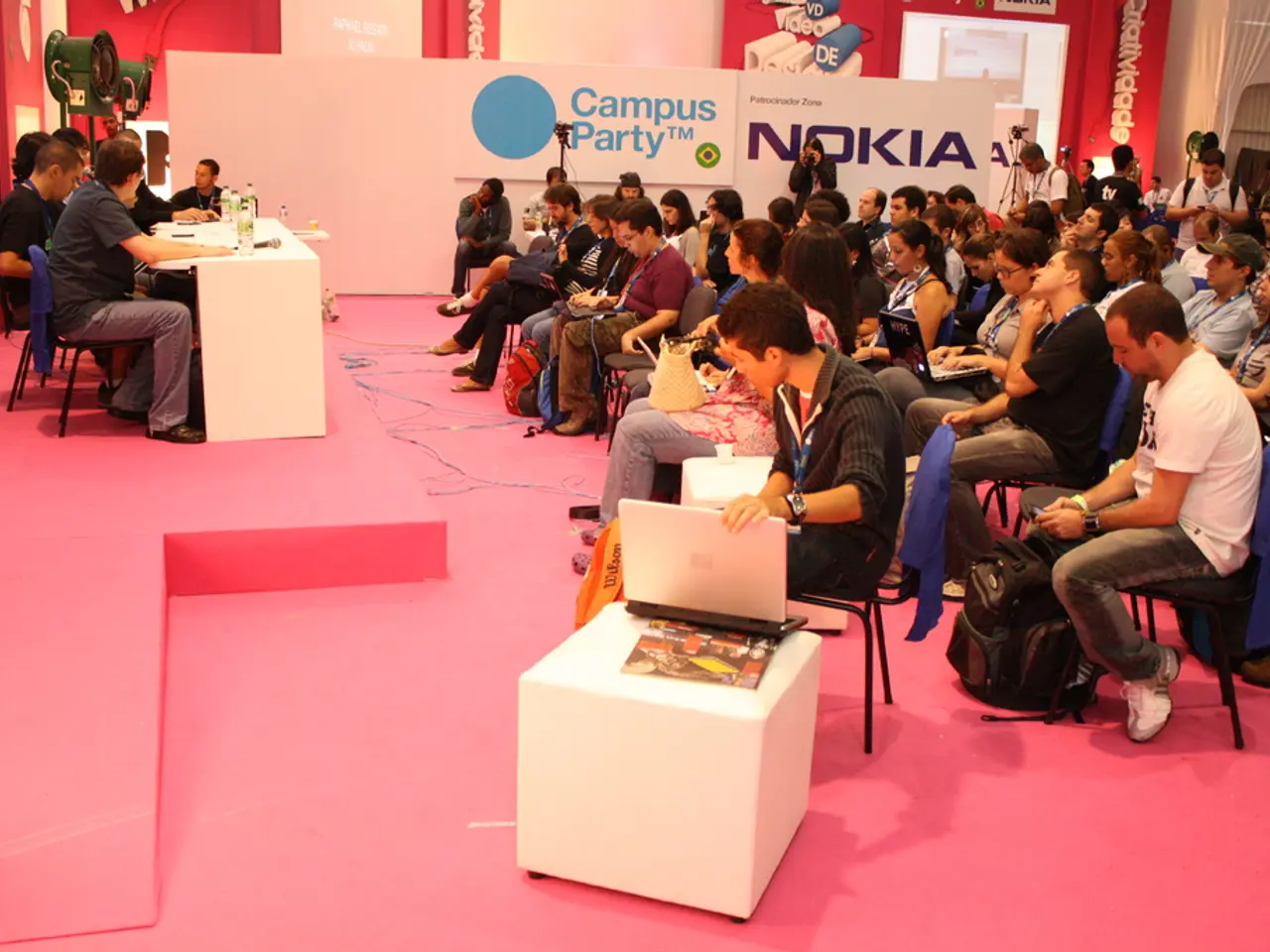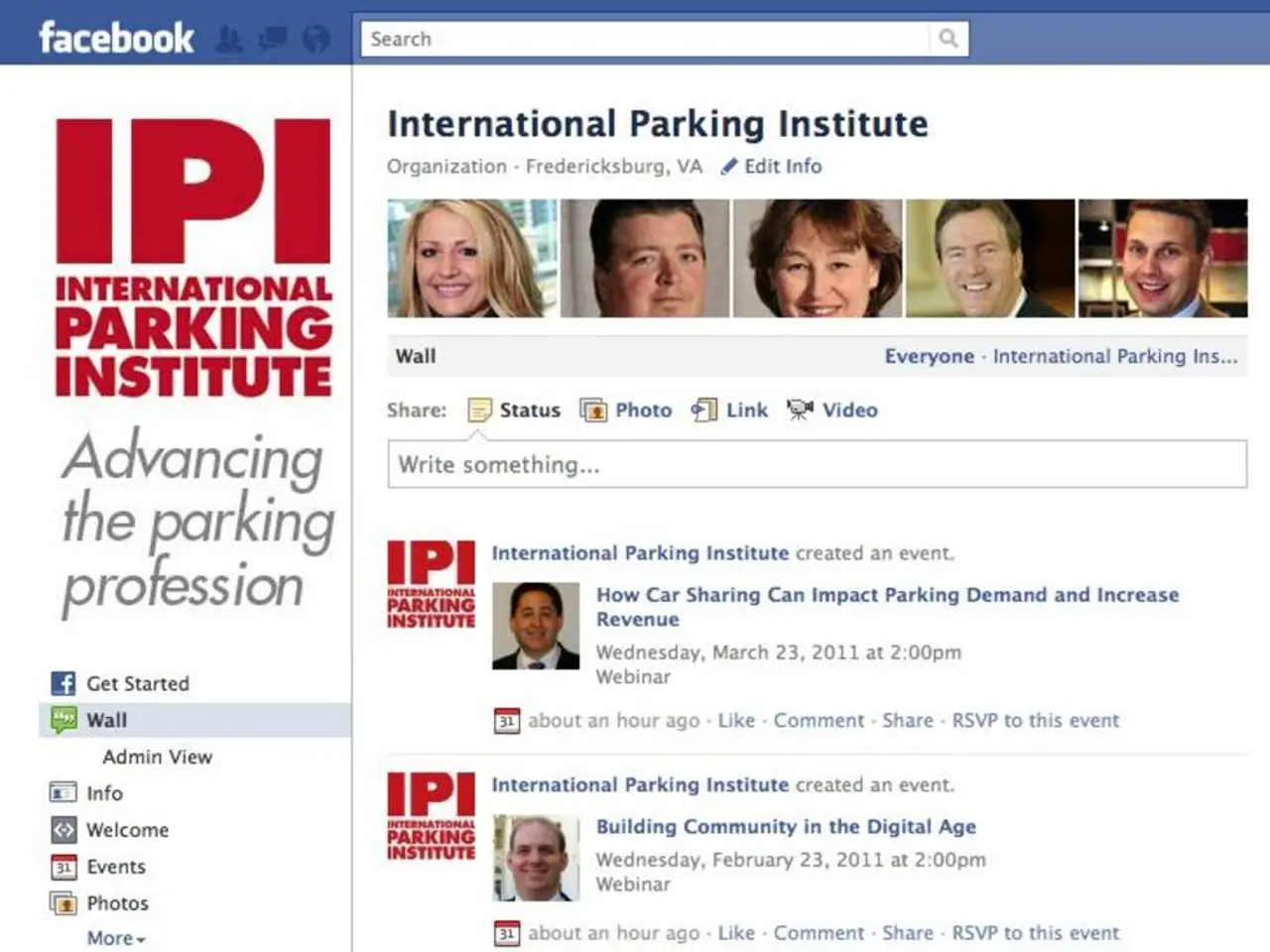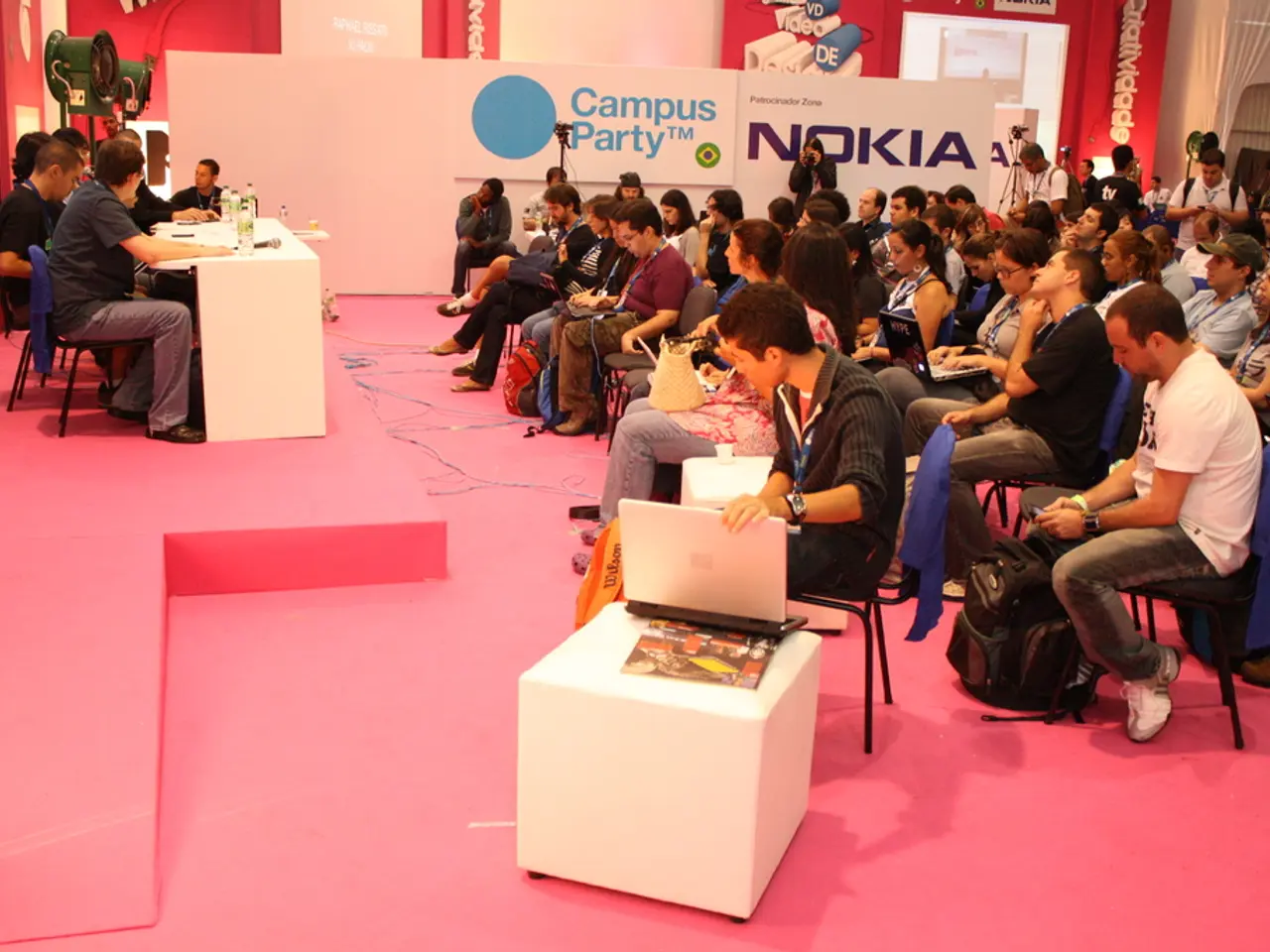Malaysia faced increasing risk of becoming a transit hub for terrorism, according to Inspector-General of Police (IGP), due to IS-linked Bangladeshis recruiting migrant workers via social media platforms.
In a recent turn of events, the Leader of the Opposition and Secretary-General of the Workers' Party (WP), Pritam Singh, appeared on a Malaysian podcast called Keluar Sekejap, sparking a heated debate between the WP and the People's Action Party (PAP) over the boundaries of political discourse and foreign influence.
The PAP revived past concerns over the WP's previous interactions with Malaysian-based Singaporean preacher Noor Deros and online endorsements by politicians from PAS. This episode underscores the sensitivity in Singapore's political landscape about foreign interference and the norm that political discourse should be mostly contained within national boundaries and media channels.
The PAP's criticism of Singh's appearance was particularly visible, describing it as "unusual" for the opposition leader to speak on foreign soil to a foreign audience about internal affairs. While acknowledging that PAP ministers often speak to foreign media on a variety of topics, the PAP raised concerns about the WP's downplaying of potential foreign influence—specifically mentioning links to external Islamist figures endorsing WP candidates.
The underlying significance of this restraint among Singaporean political leaders lies in several key aspects: maintaining political stability and national cohesion, respecting institutional boundaries, guarding against foreign influence, and managing media to shape and moderate public opinion. The PAP's critique of the WP's foreign media engagement reflects these concerns, emphasizing the importance of preserving Singapore's political sovereignty.
In response, the WP defended Singh's appearance, stating that he is not a member of the executive and has the freedom of speech, locally or overseas. The WP also argued that Pritam Singh's appearance on the Malaysian podcast had no detrimental impact on Singapore's national interests.
The public reception in Singapore to the interview was reportedly positive. However, the PAP continued to press further on the issue of foreign involvement in Singapore's politics during the podcast. The Workers' Party, in turn, accused the PAP of "opposing for the sake of opposing" and pointed out that PAP ministers regularly give interviews to international media on both foreign and domestic matters.
Both the PAP and WP emphasized the importance of maintaining a clear boundary against foreign involvement in domestic affairs and upholding the principle of non-interference between Singapore and Malaysia. The shared history between the two countries has long observed a careful boundary, refraining from commenting on each other's politics and from using each other's media to influence public opinion.
As the political clash between the PAP and the WP continues, the episode serves as a reminder of the hallmark of Singapore's political tradition: preserving national unity, preventing foreign meddling, and maintaining a stable political environment through controlled political discourse and media management.
- The government of Singapore, through the People's Action Party (PAP), has raised concerns about the Workers' Party (WP) engaging in international politics, specifically referencing Pritam Singh's appearance on a Malaysian podcast.
- The PAP has questioned the WP's downplaying of potential foreign influence, particularly links to external Islamist figures endorsing WP candidates, in their international engagements.
- In response to the criticism, the WP has defended Singh's appearance, stating that he is not a member of the executive and has the freedom of speech, locally or overseas.
- Both parties, PAP and WP, have emphasized the importance of maintaining a clear boundary against foreign involvement in domestic affairs and upholding the principle of non-interference between Singapore and Malaysia.





